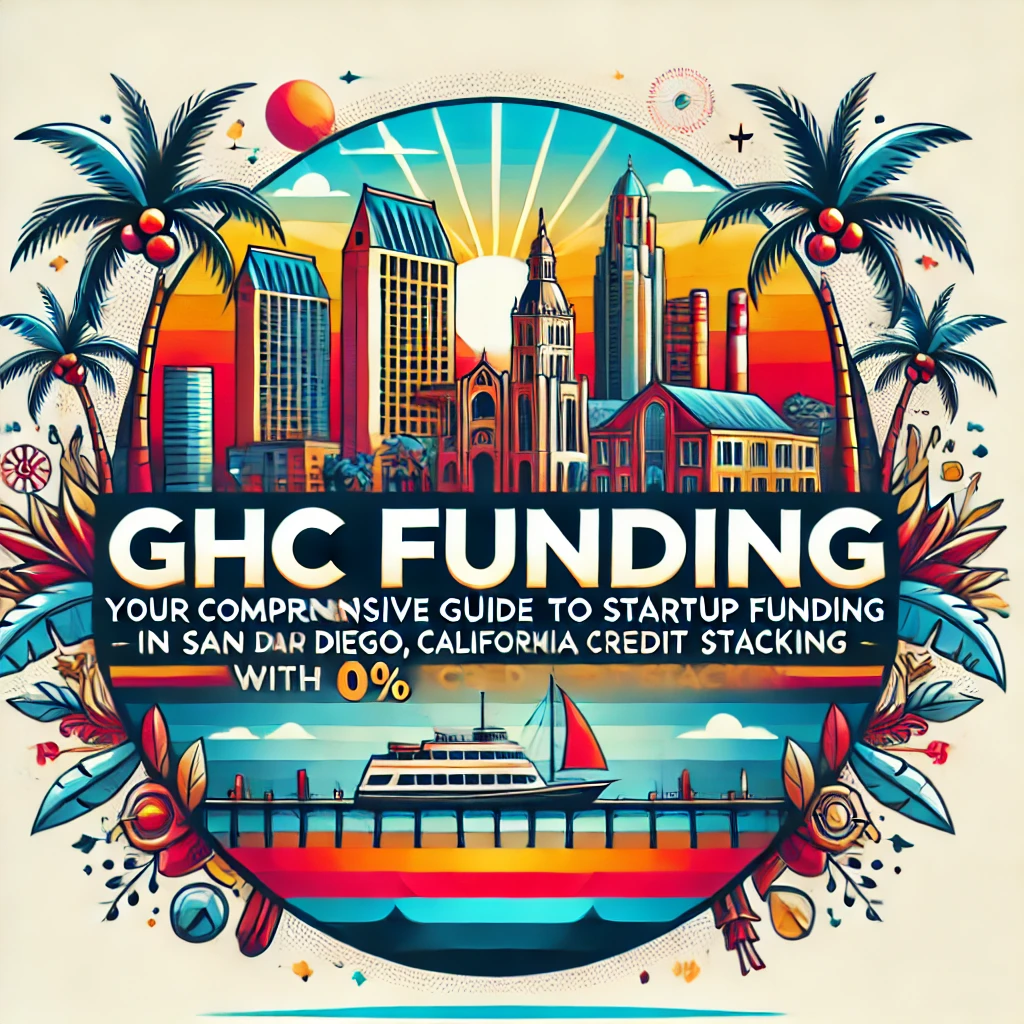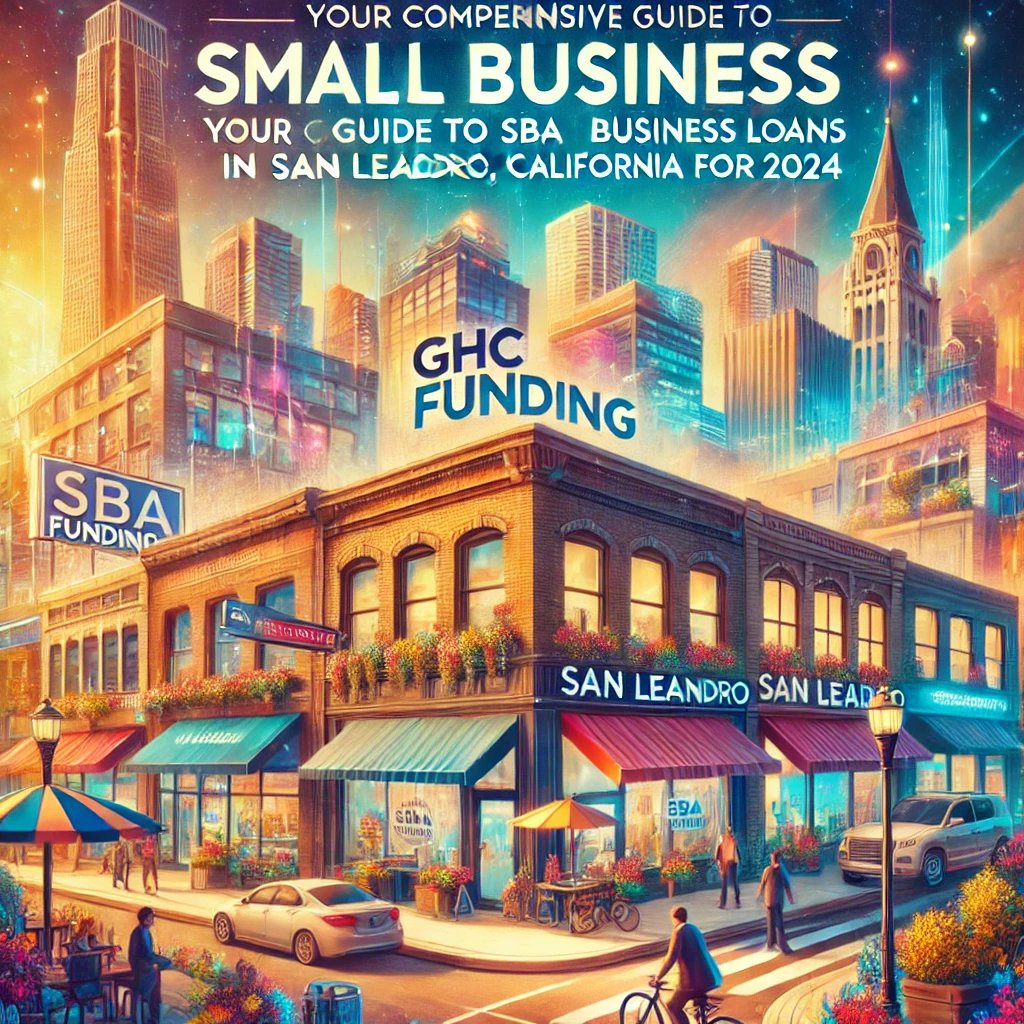As we look toward 2025, Virginia’s real estate market continues to attract sophisticated investors seeking reliable cash flow and portfolio growth. DSCR loans—optimized specifically for investment buyers—are delivering new opportunities, especially for multi-family property investors. This guide provides a deep dive into Virginia’s latest market trends, DSCR loan advantages, application guidance, and actionable market insights tailored for two-to-four unit multi-family acquisitions in rising locations such as Richmond (23220), Norfolk (23510), Alexandria (22314), Virginia Beach (23451), and Roanoke (24018).
- Virginia Real Estate Market Outlook 2025
- What Makes DSCR Loans a Game-Changer for Multi-Family Investors?
- Benefits of DSCR Loans: No Personal Income Verification
- Top Virginia Markets for Multi-Family DSCR Financing
- Current DSCR Loan Terms in Virginia (2025)
- How DSCR is Calculated (with Virginia Market Example)
- Eligibility and Qualification Requirements
- Step-by-Step: How to Get a Virginia DSCR Loan (Multi-Family Purchase)
- Recommended DSCR Lenders & Local Brokers in Virginia
- Expert Insights: Maximizing Cash Flow in Virginia’s Multi-Family Market
Virginia Real Estate Market Outlook 2025
Virginia’s housing market remains robust, driven by steady population growth, inbound job migrations, and a resilient rental demand. In 2025, median home sales in Greater Richmond and the Hampton Roads metro are up between 3%-5% compared to 2024, fueled by young professionals and military families relocating to urban neighborhoods. Notably, multi-family properties in the 2-4 unit sector have outpaced single-unit rentals: pricing in zip codes like 23220 (Richmond’s Fan District) and 23451 (Virginia Beach Oceanfront) jumped by 6.1% and 5.7% year-over-year, respectively.

Rent growth has kept pace. Many submarkets—particularly Norfolk’s 23510 and Alexandria’s 22314—see vacancy rates under 4% and strong year-round rental traffic, making them attractive for investors focused on stable monthly income.
Need capital? GHC Funding offers flexible funding solutions to support your business growth or real estate projects. Discover fast, reliable financing options today!
Test Your Expertise: The Complexities of the 1031 Exchange

As a sophisticated real estate investor, you understand that the 1031 Exchange is a cornerstone strategy for tax deferral and wealth accumulation. But beyond the basics, the intricacies of the 1031 Exchange rules can pose significant challenges. This quiz is designed to test your in-depth knowledge and highlight critical nuances that separate casual investors from true experts in 1031 Exchange transactions.
Instructions: Choose the best answer for each question.
⚡ Key Flexible Funding Options
GHC Funding everages financing types that prioritize asset value and cash flow over lengthy financial history checks:
-
Bridge Loans: These are short-term loans used to "bridge the gap" between an immediate need for capital and securing permanent financing (like a traditional loan or sale). They are known for fast closing and are often asset-collateralized, making them ideal for time-sensitive real estate acquisitions or value-add projects.
-
DSCR Loans (Debt Service Coverage Ratio): Primarily for real estate investors, these loans are underwritten based on the property's rental income vs. debt obligation ($\text{DSCR} = \text{Net Operating Income} / \text{Total Debt Service}$), not the borrower's personal income or tax returns. This offers flexibility for those with complex finances.
-
SBA Loans: The Small Business Administration (SBA) guarantees loans offered by partner lenders. While providing excellent terms (long repayment, lower rates), the application process is typically slower than private/bridge funding, often making them less suitable for immediate needs. SBA eligibility heavily relies on the DSCR metric for repayment assessment.
🌐 Learn More
For details on GHC Funding's specific products and to start an application, please visit their homepage:
The Ultimate DSCR Loan for Rental Property Quiz

Are you looking to expand your real estate investment portfolio? A DSCR loan might be the perfect tool to help you achieve your goals without relying on traditional income documentation. Test your knowledge with this quiz to see if you're ready to master the intricacies of a DSCR loan for rental property.
What Makes DSCR Loans a Game-Changer for Multi-Family Investors?
Unlike traditional loans that hinge on W-2s, tax returns, and debt-to-income ratios, DSCR loans qualify borrowers based on property cash flow—allowing investors to scale their portfolios with greater flexibility. No personal income verification is required. Instead, the property’s rental income versus its debt service (principal, interest, taxes, insurance, and HOA) becomes the basis for approval and underwriting.
- No tax returns or job requirements, so self-employed, gig economy, and serial investors can streamline approval
- Portfolio scalability: Investors can hold multiple properties with higher aggregate loan limits overall
- Competitive terms: Rates for multi-family DSCR loans in Virginia currently trend between 7.00%-8.25% (as of Q2 2025)
- Use of market rents and appraisals: Maximum leverage often up to 80% LTV on qualifying properties
Benefits of DSCR Loans: No Personal Income Verification
In today’s fast-moving market, qualifying for financing based on the strength of the property itself removes critical roadblocks for active investors who may have complex financial profiles, varying income streams, or operate multiple LLCs. This empowers you to:
- Move quickly on deals without waiting for tax season or compiling burdensome documentation
- Grow your rental holdings beyond the conventional loan limits of banks (typically capped at 4-10 financed properties)
- Retain privacy and flexibility for asset protection strategies
Top Virginia Markets for Multi-Family DSCR Financing
✅ Small Business Resources
-
SBA – Small Business Administration
https://www.sba.gov - SCORE Mentors (Free Mentoring & Workshops)
https://www.score.org - Small Business Development Centers (SBDC)
https://americassbdc.org
Are You an SBA Real Estate Loan Expert?

Test your in-depth knowledge on using SBA Loans for owner-occupied commercial Real Estate acquisition. These questions delve into the critical details that can impact your business's growth and financial strategy.
Below are five key Virginia cities and neighborhoods ideal for multi-family investment with DSCR loans:
- Richmond (23220): The Fan & Museum District offers brick townhouses and quadplexes, with rental demand led by VCU students and young professionals.
- Norfolk (23510): Downtown and Freemason are seeing rapid revitalization, attracting tech and healthcare renters.
- Alexandria (22314): Old Town’s walkable, historic neighborhoods command premium rents for renovated duplexes and quadplexes.
- Virginia Beach (23451): Oceanfront short- and long-term multi-family rentals thrive with low vacancy and high rental rates.
- Roanoke (24018): Affordable quadplexes serve healthcare workers and college students, giving solid cash-on-cash returns.
Current DSCR Loan Terms in Virginia (2025)
- Interest rates: Most lenders offer 7.00% – 8.25% (subject to DSCR and LTV); top-tier borrowers may qualify below this range
- Loan-to-Value (LTV): Up to 80% LTV for purchase and rate/term refinance; 75% LTV for cash-out refinance
- Loan amounts: $100,000 to $2,500,000+ per property (portfolio options available)
- Loan terms: 30-year fixed, 5/6 ARM options available
- Prepayment penalties: Generally 3-5 years (may vary by lender)
How DSCR is Calculated (with Virginia Market Example)
✅ Real Estate Investor Resources
-
AirDNA (Short-Term Rental Data)
https://www.airdna.co - Rentometer (Rent Comps)
https://www.rentometer.com - Zillow Research & Data
https://www.zillow.com/research
DSCR Loan IQ Quiz!

Test your knowledge of Debt Service Coverage Ratio (DSCR) loans!
The Debt Service Coverage Ratio is calculated as: DSCR = Gross Monthly Rent / Monthly Debt Service.
Example (Richmond, 23220):
- Gross Monthly Rent: $2,900 (for a duplex)
- Monthly Debt Service (PITI + HOA): $2,050
- DSCR = $2,900 / $2,050 = 1.41
Lenders typically require a minimum DSCR of 1.00 to 1.25—some may stretch lower for strong assets in premium zip codes.
Eligibility and Qualification Requirements
- Minimum DSCR: 1.00-1.25 (may vary by lender/property type)
- Down Payment: Minimum 20% (sometimes 15% for strong DSCR and experienced investors)
- Credit score: 660+ (700+ for best rates and terms)
- Ownership: Properties must be held in an LLC or personal name—lender dependent; investment use only
- Appraisal: Property must support required loan amount based on comparable rents (market and lease analysis)
Step-by-Step: How to Get a Virginia DSCR Loan (Multi-Family Purchase)
- Pre-qualify with local or national DSCR lenders: Share your target property address or general area, LLC documents, and recent rent rolls if available.
- Submit property and borrower details: Fill out lender’s application form—minimal documentation: ID, entity docs, property listing.
- Appraisal ordered: Appraiser values property and surveys local market rents.
- Underwriting review: Lender verifies DSCR, property condition, and title.
- Loan offer & commitment: Review terms, rate, and prepayment penalty.
- Close: Typical timeline is 21-30 days from start to finish.
Recommended DSCR Lenders & Local Brokers in Virginia
- Visio Lending – Offers DSCR loan programs statewide; strong for Richmond and Virginia Beach portfolios
- CoreVest Finance – Works with 2-4 unit investors; flexible for Norfolk, Alexandria projects
- Local Broker: Direct Mortgage Loans, Richmond VA – Specializes in investor financing and multi-family DSCR products
Expert Insights: Maximizing Cash Flow in Virginia’s Multi-Family Market
Virginia’s blend of economic diversification, historic appeal, and rising demand in urban centers presents a powerful DSCR loan opportunity. Seasoned investors can scale portfolios by targeting value-add 2-4 unit properties in appreciating zip codes, leveraging DSCR loans to sidestep income document headaches and keep approvals flowing quickly.
Be sure to analyze local rent comps, factor in HOA and maintenance reserves, and work with a reputable lender familiar with the nuances of Virginia’s market zones—especially in transitioning neighborhoods. This targeted approach will allow you to maximize leverage, reduce risk, and build lasting cash flow into 2025 and beyond.
Get a No Obligation Quote Today.



